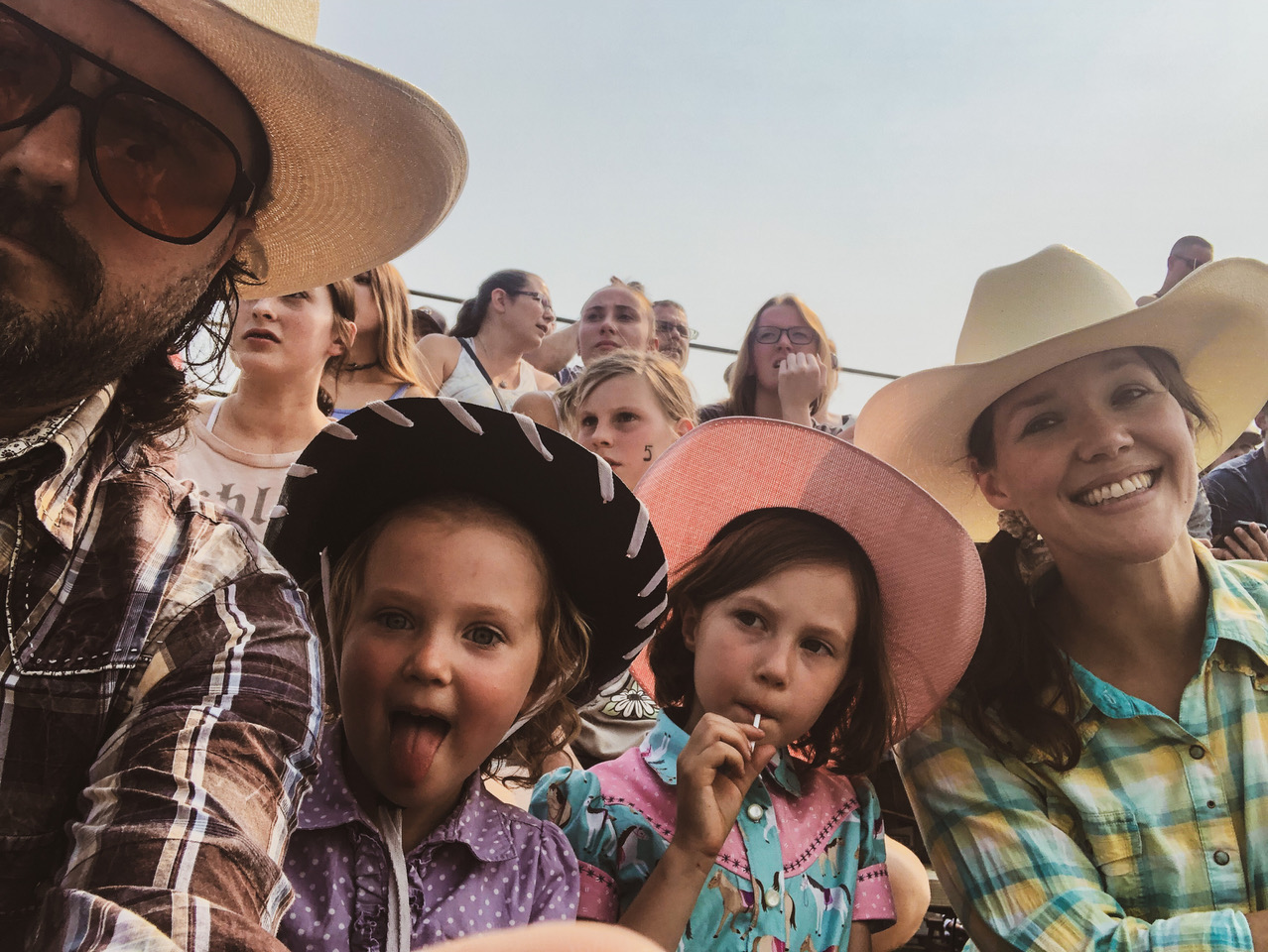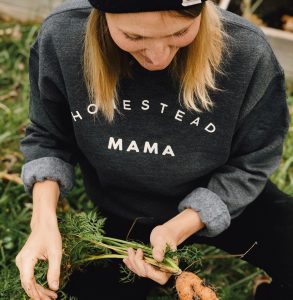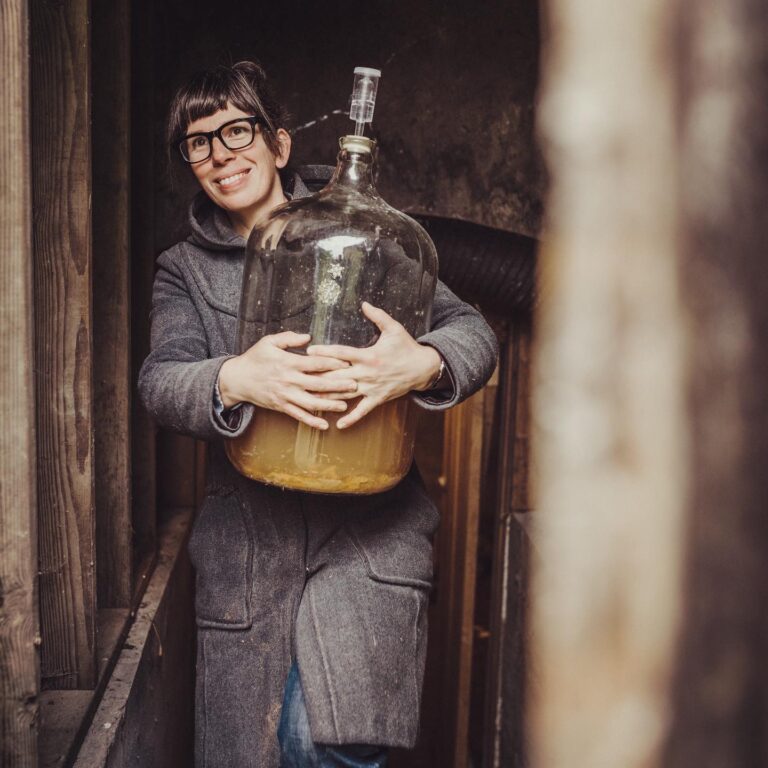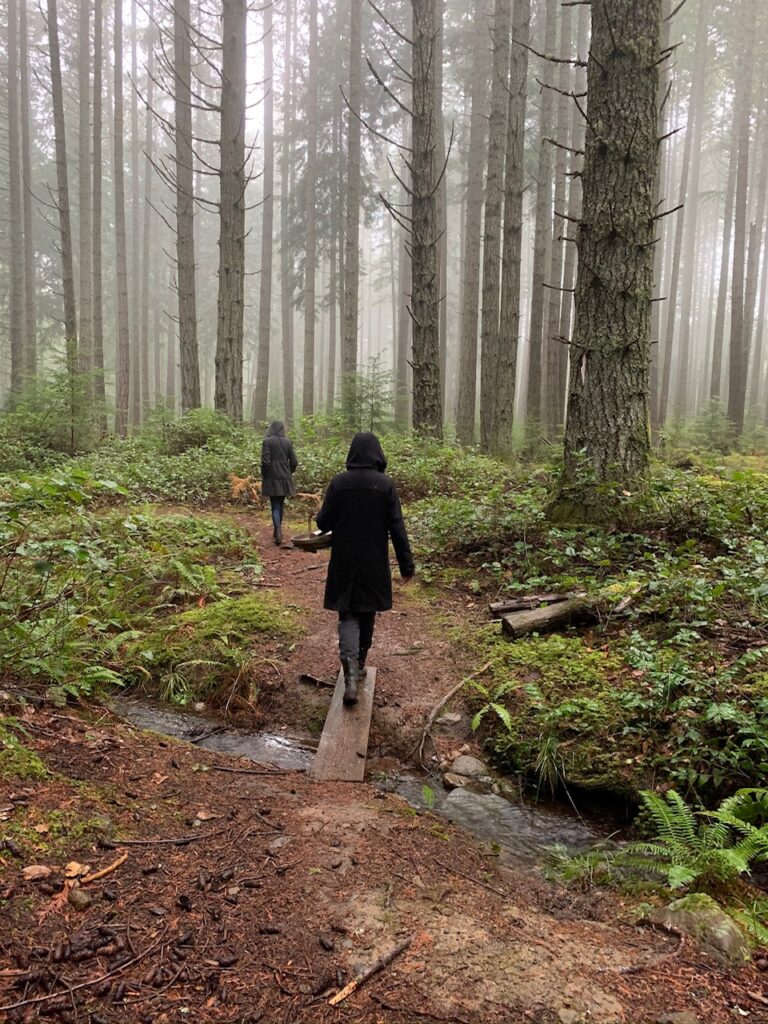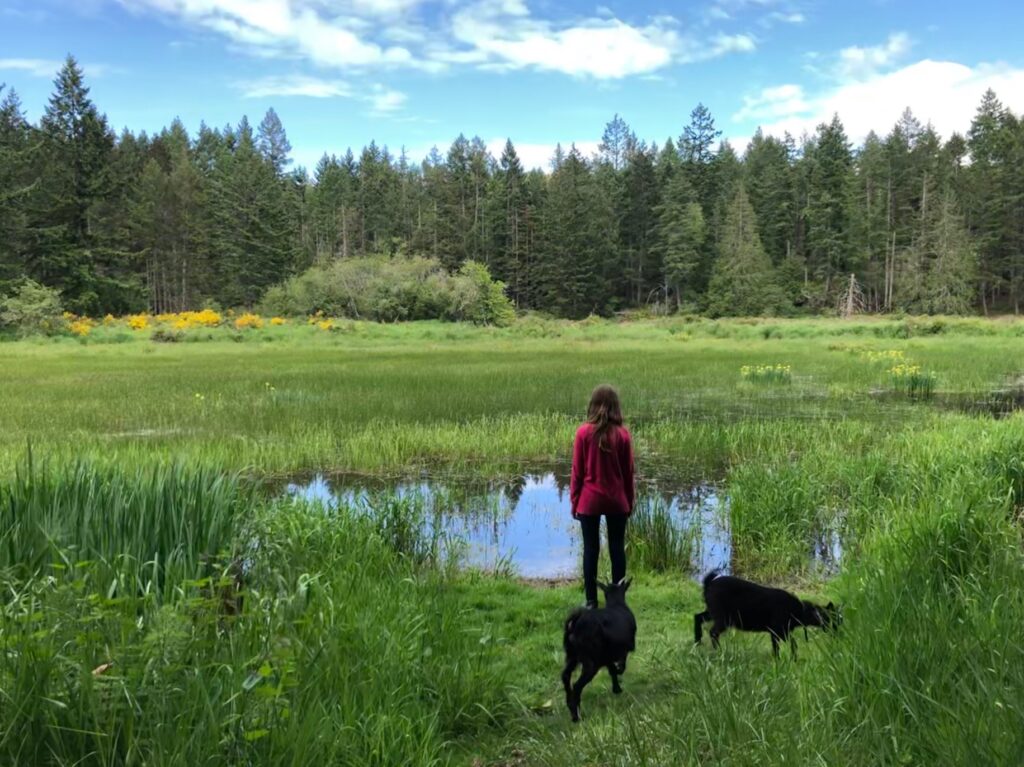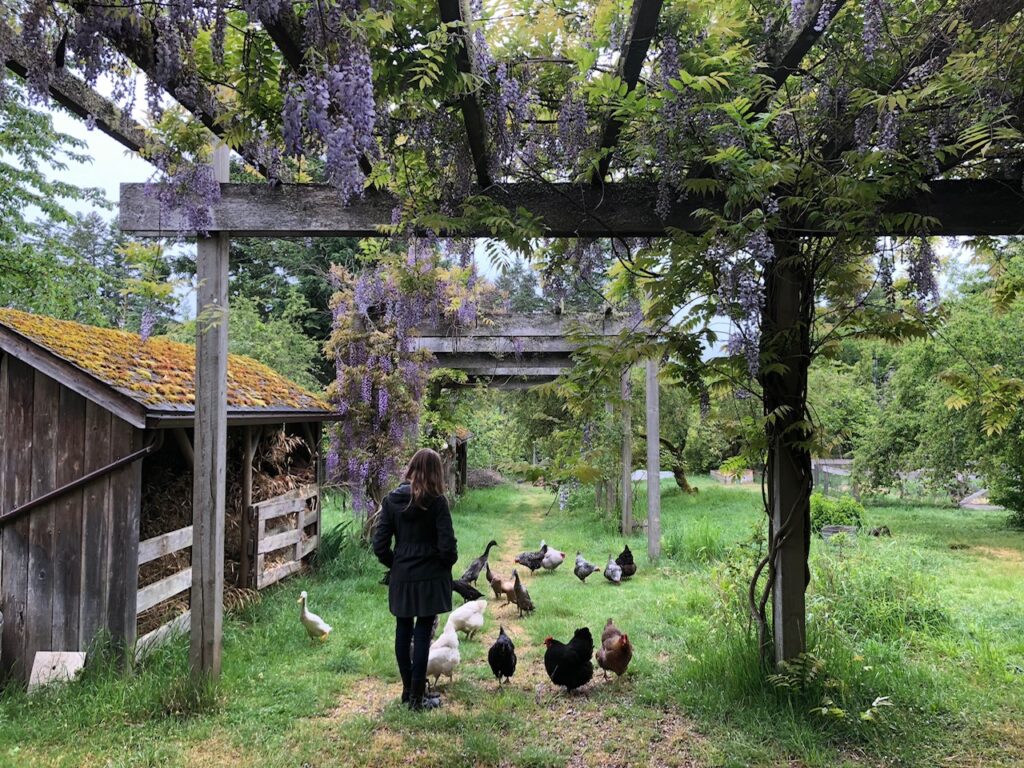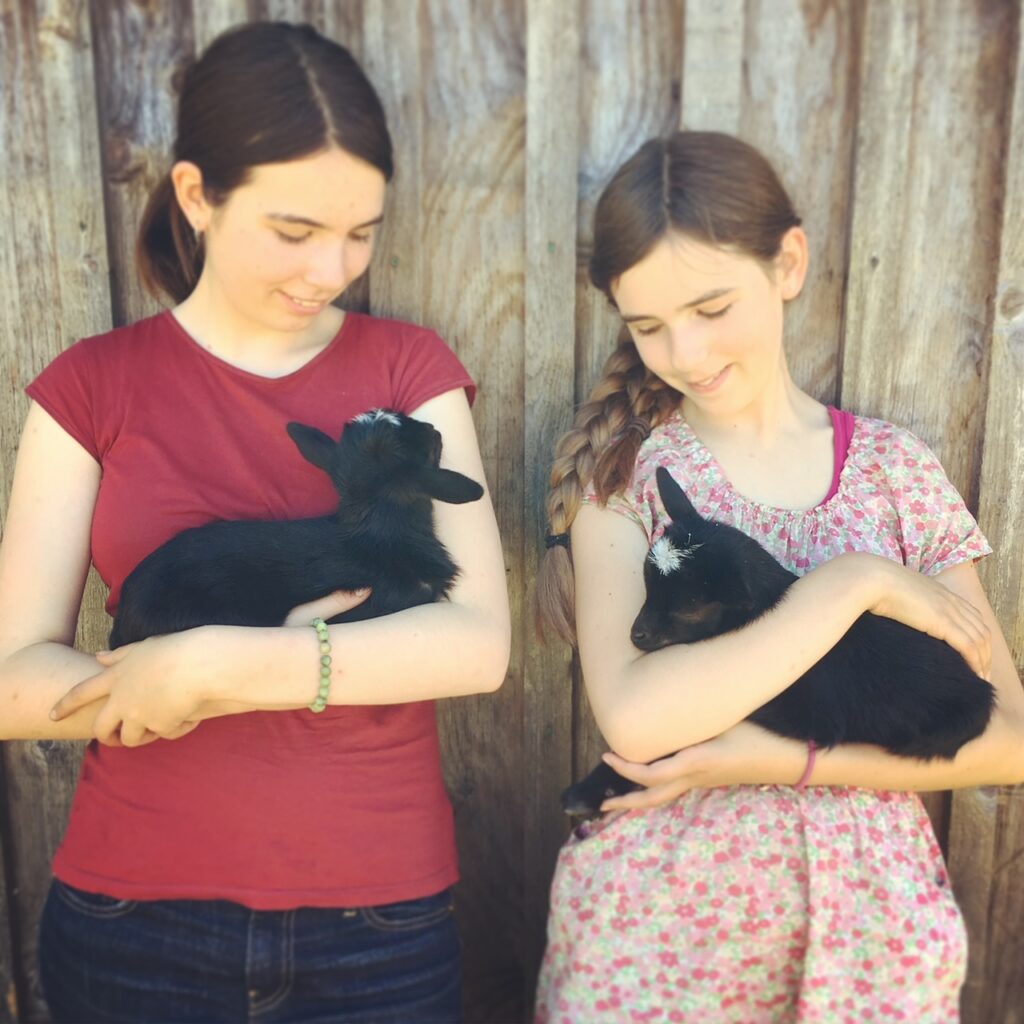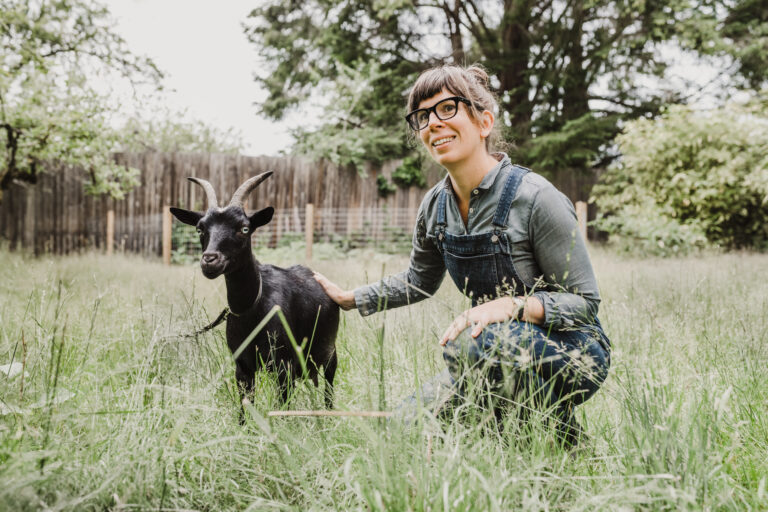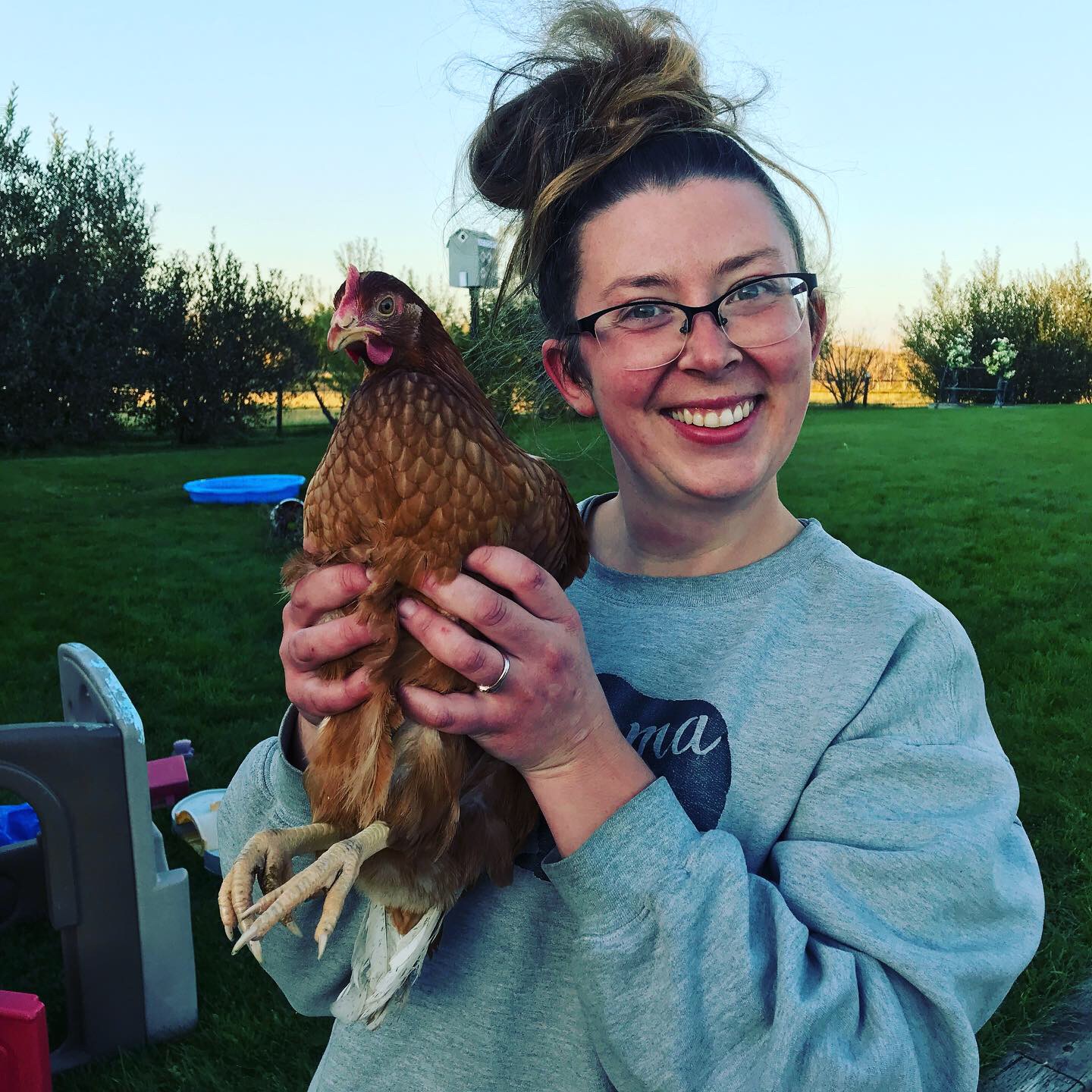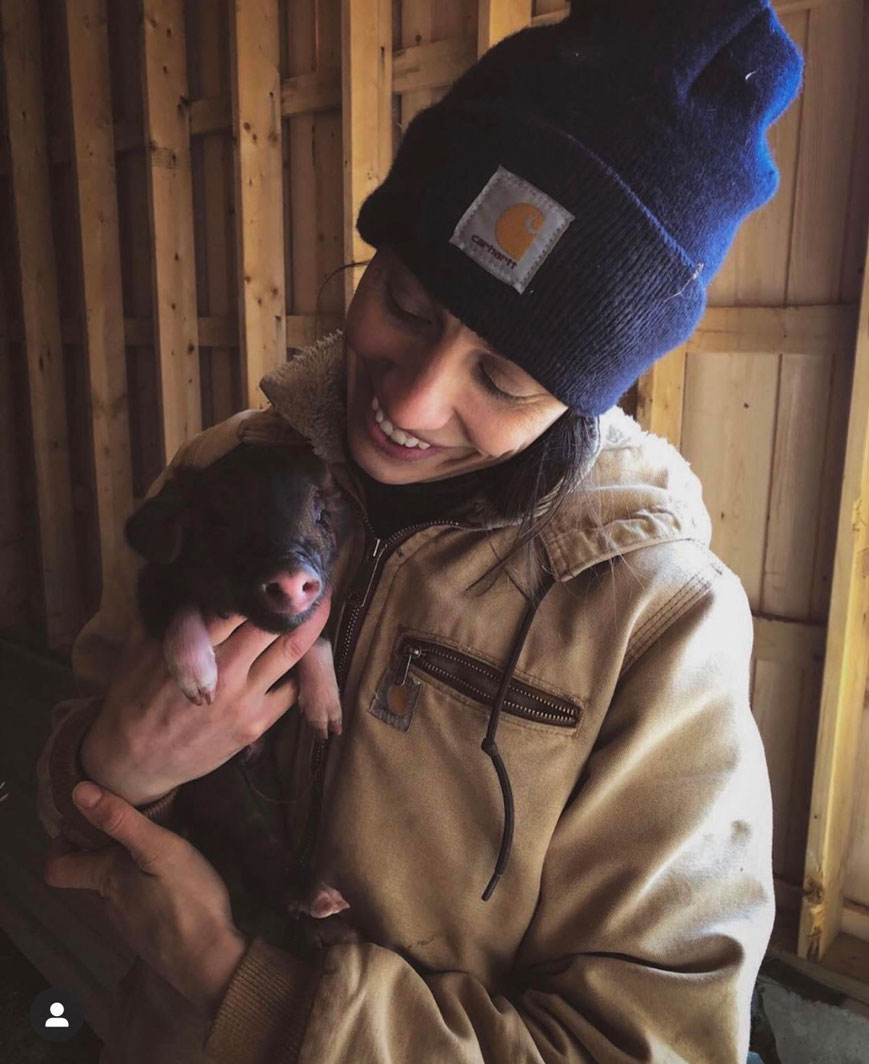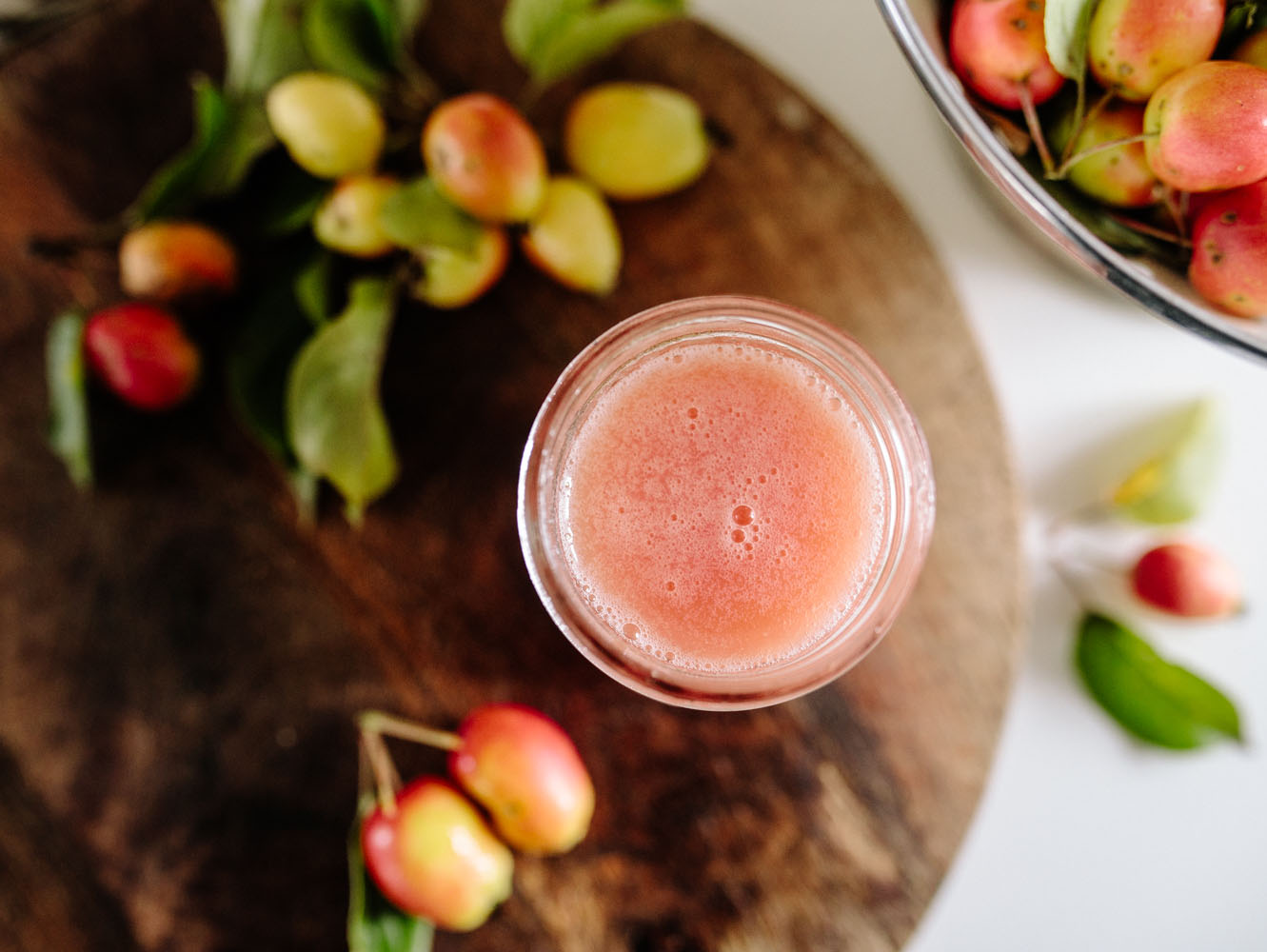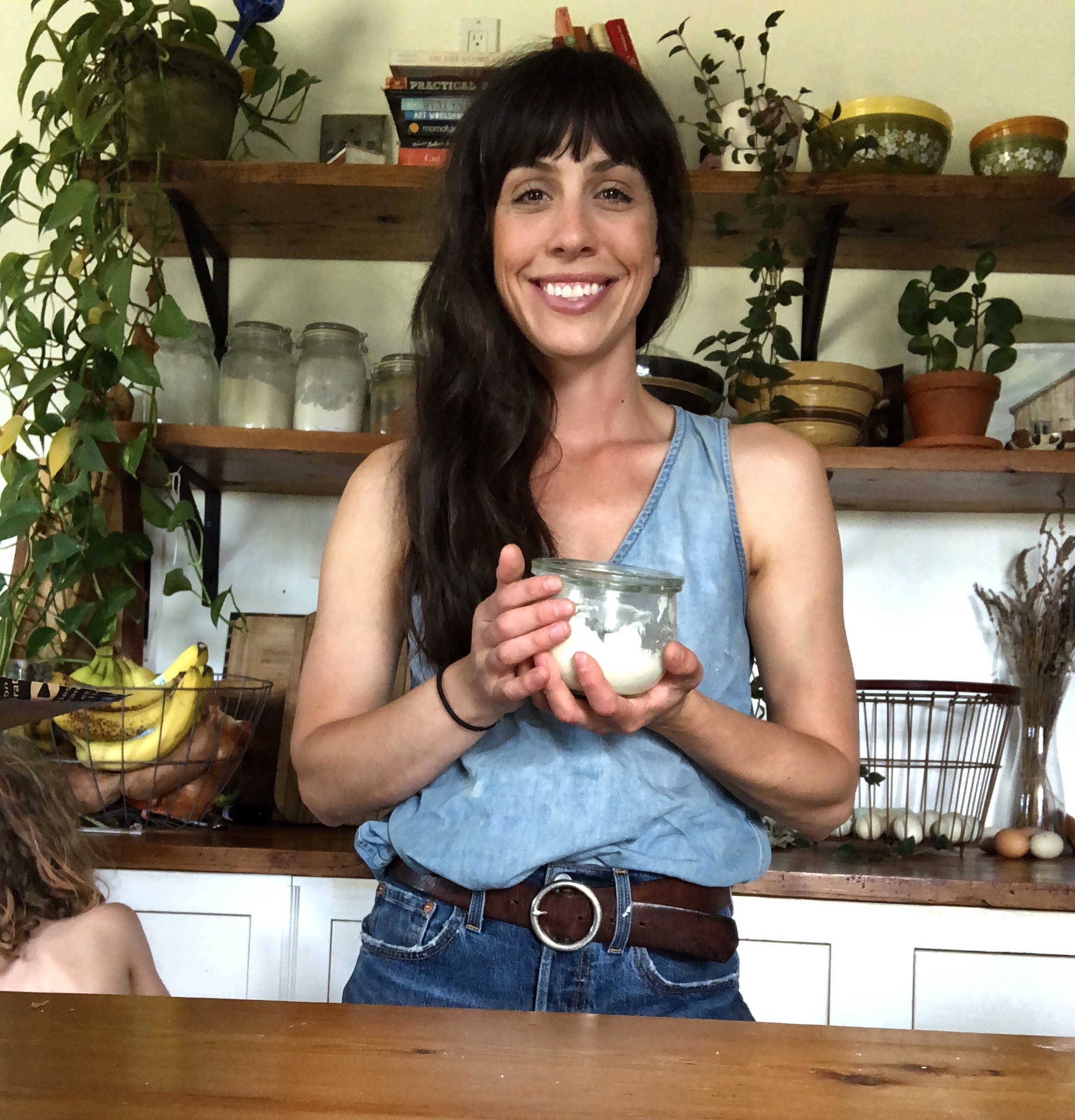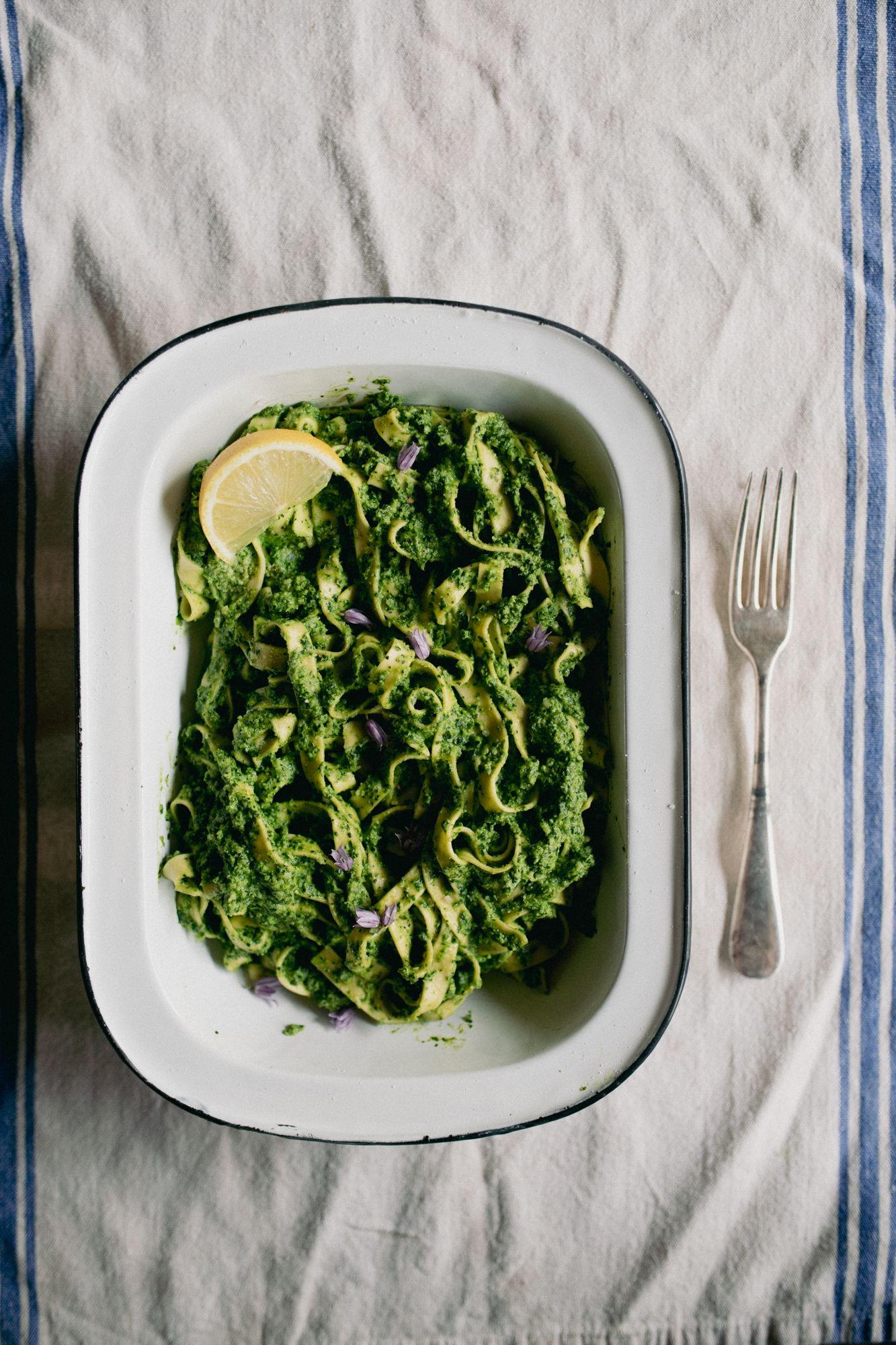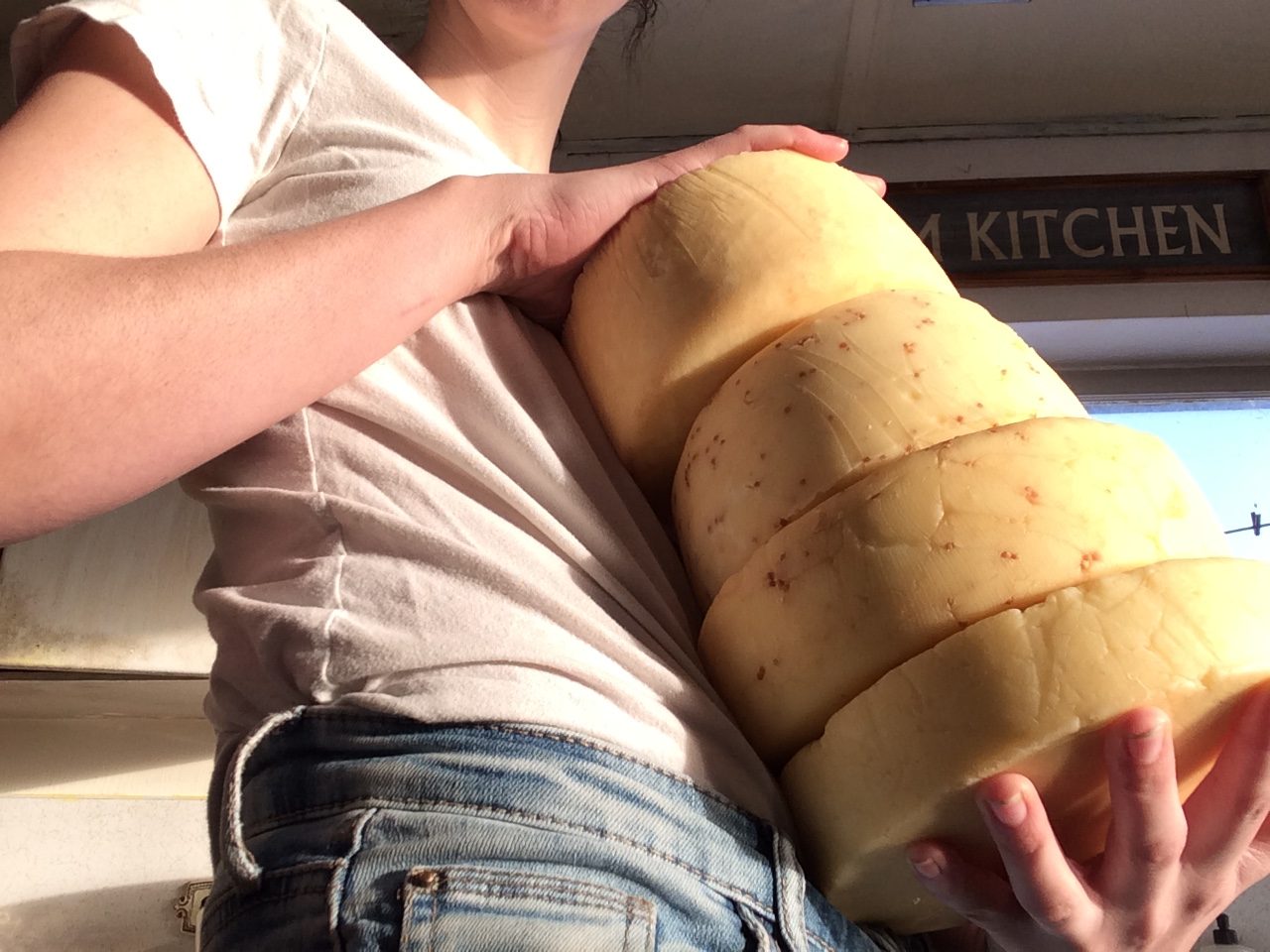elisa rathje lives, writes and films the small work* at appleturnover, a small farm on a small island.
appleturnover is home to a pair of little milk goats, a trio of geese, a flock of chickens and runner ducks, a small homeschooling family of artists, writers and filmmakers, as well as a charming farm cat.
the micro-farm is part walled kitchen garden, part silvopasture.
all 1 ½ acres of this century-old heritage apple orchard are filling up with a forest of food, fibre, fodder, fuel and medicinals, with ponds, a root cellar, a tiny summer house, an art studio, espaliers, grape arbours, composting toilets, hazelnut greywater mulch beds, hidden rainwater catchments, untilled potagers and a creek running through a thicket.
focusing on traditional skills, regenerative living and creative responses to everyday life in an era of ecological emergency, together we are documenting slow, simple approaches to becoming resilient at home and in our island community on ćuán (salt spring island in the salish sea.)
they make short films of their experiments in regenerative ways of living on the smallholding and the island beyond.
Bio photos by @stasia_garraway
